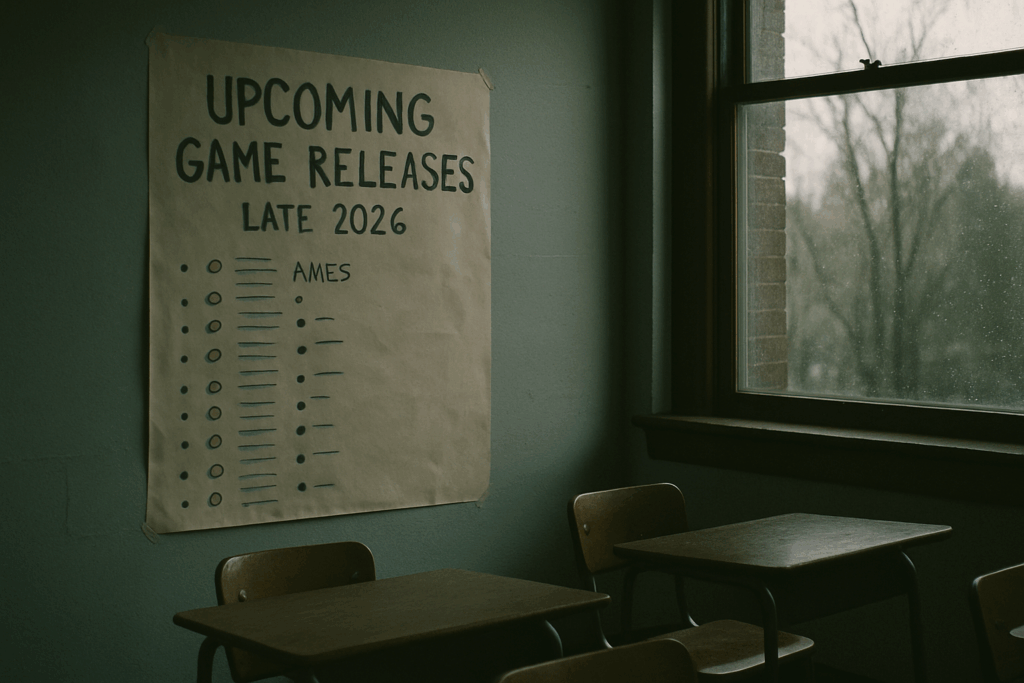Why Gaming Should Be a Sport Befitgametek: Core Reasons
1. Mental Sharpness and DecisionMaking
Toplevel gaming is strategic. It’s not just reflex; it’s splitsecond choices, layered tactics, and pattern recognition. Competitive titles reward:
Handeye coordination equal to or above many Olympic disciplines Realtime risk analysis and probability assessment Adaptive thinking—predicting opponents, countering meta shifts on the fly
The cognitive load rivals chess, but under a time crunch most “nonsports” can’t match.
2. Teamwork and Communication
The most successful gaming teams don’t win on raw skill alone. They win because:
Roles are clear (shotcaller, support, fragger, etc.) Decisions are made with discipline—not chaos Feedback is instant and relentless—mistakes are corrected secondbysecond
Learning to lead, follow, and adapt to feedback makes gaming a proving ground for leadership—a persuasive answer to why gaming should be a sport befitgametek.
3. Rivalry, Structure, and Routine
Competitive gaming mimics—and often exceeds—the structure of “traditional” sports:
Scheduled matches, league tables, and tournament circuits Daily or weekly practice calendars, scrims, and VOD review (game tape) Coaches, analysts, physical trainers, and even psychologists as core staff
Athletes train body first. Gamers train both mind and reaction, backed by serious, timetested practice regimes.
4. Global Community and Equal Access
eSports is borderless. Top players come from Seoul, Sao Paulo, Stockholm, and Sacramento:
No advantage based on geography, height, or genetics—discipline and access rule Massive online leagues put millions into the same digital space without physical boundaries Community support is fierce—fans “main” their favorite roles, build content, and grow the game
This is community on a scale few sports can match.
5. Monetization, Careers, and Economic Impact
Gaming as a sport isn’t just headlines:
Top prize pools rival tennis, golf, or MMA Streaming, content creation, team sponsorship, coaching, and event management all create real jobs Traditional sports teams invest and recruit from eSports talent pools
The ecosystem—just like athletics—spans broadcast, grassroots training, and highstakes pro play.
Tangible Benefits of Gaming as a Sport
Accessibility: No need for expensive equipment, travel, or facilities. Anyone with discipline and a device can compete. Inclusivity: Physical ability, age, gender, and location are less of a barrier than in mainstream athletics. Constant innovation: No multiyear stagnation—meta shifts demand perpetual growth. Meritocracy: Top players rise because of skill and routine, not connections or legacy.
The Iceberg: What Critics Miss
Physical discipline: Pro players need strong bodies—reaction time, posture, sleep, and nutrition are taken as seriously as macro and aim. Mental toughness: Pressure, burnout, and split attention are constant battles—losing focus means losing the match. Antidoping and ethics: Leagues enforce strict behavior policies, antidoping, and bans on cheating—a mirror of sports’ code of conduct.
The Training Regimen
Practice blocks—hours of focused drills, not just “playing more” Review loops—VODs, selfanalysis, and input from coaches/team Balance—scheduled rest as part of the program, not an afterthought
True gaming sports cultures are Spartan: only the disciplined rise.
Why Gaming Should Be a Sport Befitgametek: Hard Numbers
Prize pools for premier tournaments have topped $40 million Viewership: Finals for League of Legends, Dota 2, and Fortnite exceed Super Bowl numbers on digital platforms Scholarships for collegiate eSports match traditional sports at many universities
The market and the model say it all: gaming as a sport is not theory, but reality.
How Gamers and Fans Benefit
Develop skills for life: team communication, selfreflection, learning from failure Career paths in and around the industry—dev, media, coaching, casting Expand worldviews: friendships and teams that cross language and nation Safe, supportive spaces for introverts, neurodiverse players, and those excluded from mainstream sports
Avoiding Pitfalls: Keeping the Model Disciplined
Tight antitoxicity and anticheat measures: integrity beats all Structured routines: prevent burnout with rules, sleep, nutrition, and tech hygiene Controlled screen time for youth: structure before endless play Stay clear of “get rich quick” grind—top pros train, review, and rest with athletic rigor
The Future: Integration, Legitimacy, and Growth
Olympiclevel hardware testing and fitness protocols AI/VRpowered coaching and personalized training for all players Closer partnership between sports franchises and pro gaming orgs
In a decade, the “athlete” and “gamer” lines will blur.
Final Word
Games are more than play—they’re discipline, teamwork, and the fastestevolving sport on the planet. The benefits, structure, and communities that define why gaming should be a sport befitgametek aren’t speculation—they’re proven outcomes. Invest, train, participate, and always push for better. When you take it seriously, gaming is a sport—and for millions, the smartest, most strategic one you can play.





